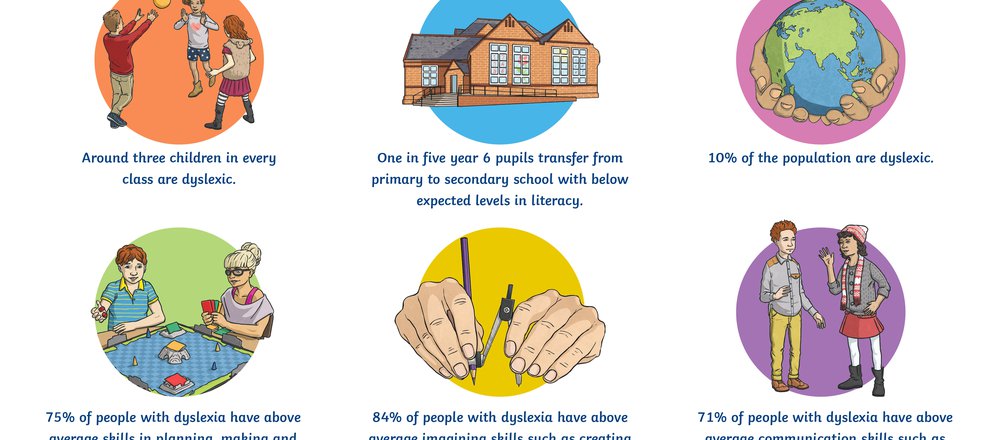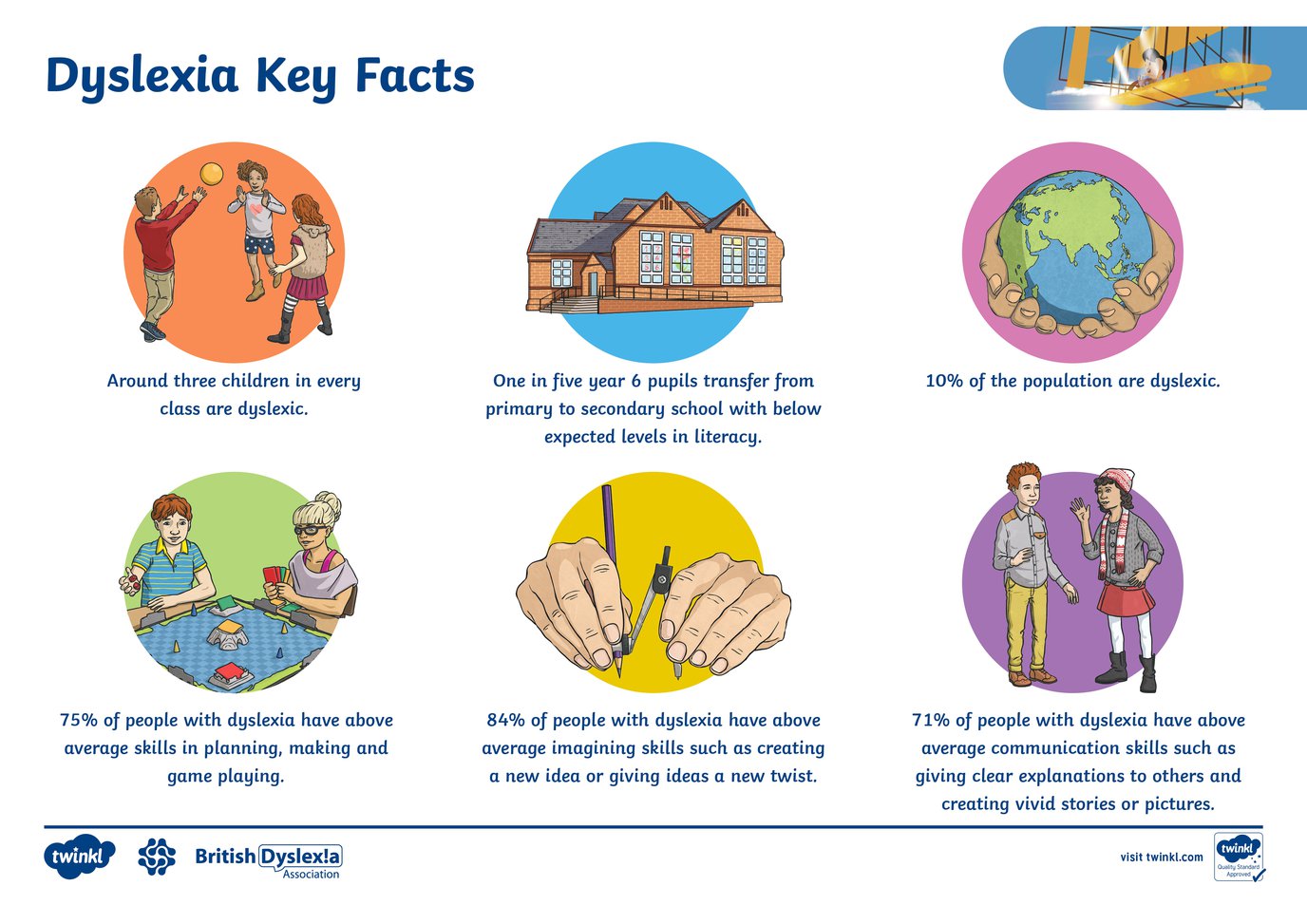Celebrating Dyslexia Awareness Month

24th October 2025
October is Dyslexia Awareness Month, a time for us to celebrate the diversity of learning styles and raise awareness about dyslexia within our school community. At BMIS, we take pride in fostering an inclusive environment where every learner feels supported, valued, and equipped to succeed. This month, our students and staff are engaging in activities to deepen understanding and appreciation of neurodiverse learners.
What Is Dyslexia?
According to the British Dyslexia Association (BDA, 2023), “Dyslexia is a specific learning difficulty that primarily affects the skills involved in accurate and fluent word reading and spelling. Characteristic features include difficulties in phonological awareness, verbal memory and verbal processing speed.”
General Signs of Dyslexia
While every learner is unique, some common signs of dyslexia may include:
• Difficulty reading fluently or accurately
• Struggling to decode unfamiliar words
• Spelling the same word differently in one piece of writing
• Reversing letters or numbers (e.g., b/d or 6/9)
• Difficulty remembering sequences such as days of the week or times tables
• Taking longer to process written or spoken language
• Finding it hard to copy from the board or organise written work
• Avoiding reading aloud or writing tasks
• Strong verbal or creative skills that contrast with written performance
How do we support our learners with dyslexia at school?
At BMIS, we ensure that students with dyslexia receive personalised, evidence-based support that helps them thrive both academically and emotionally. Our Inclusion Department works closely with teachers, parents, and students to provide targeted interventions and adjustments that promote progress and confidence.
Our current provision includes:
• Individual and small group interventions focused on spelling, reading fluency, and comprehension
• Multisensory learning programmes such as Word Wasp to support literacy development
• Assistive technology, including text-to-speech software, dictation tools, and reading pens
• Teacher training to strengthen inclusive classroom practices across all subjects
• Access arrangements during exams, ensuring that students with specific learning differences receive the support they need, such as extra time, use of readers, scribes, or laptops, to demonstrate their true ability
• Differentiated resources and continuous progress monitoring through individual learning plans
Across secondary, students are making steady and commendable progress, as shown by results from NGRT tests, progress tests, and class assessments.
Dyslexia Awareness at BMIS
To celebrate Dyslexia Awareness Month, students across the school are participating in activities designed to build empathy, awareness, and appreciation of different learning profiles:
• “Walk in My Shoes” reading challenge – simulating what reading can feel like for a dyslexic learner
• Tutor Time Discussions
• Whole-School Assembly – led by the Inclusion Department, celebrating neurodiversity and exploring how we can all support each other as learners eans more than you realise.













